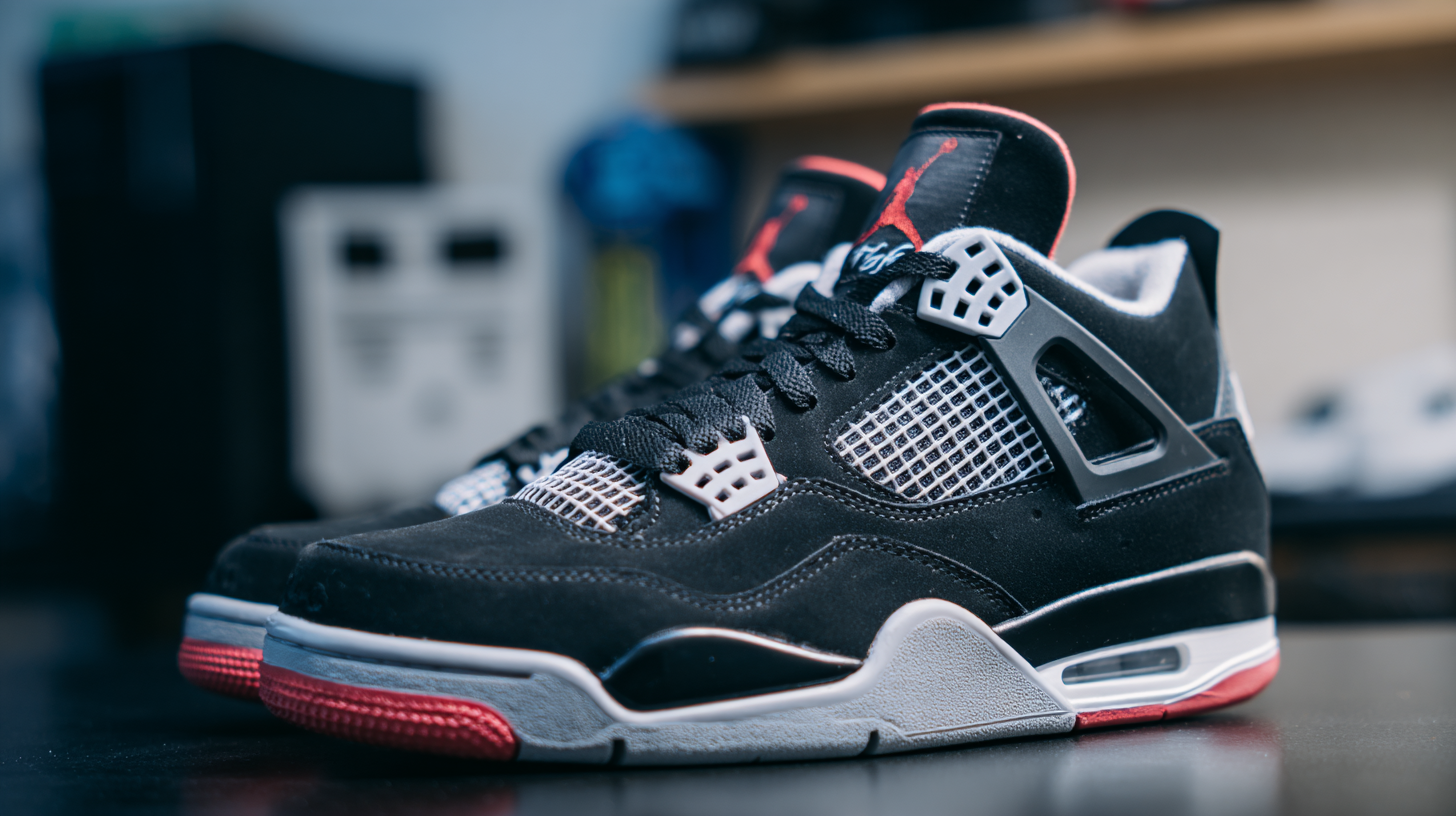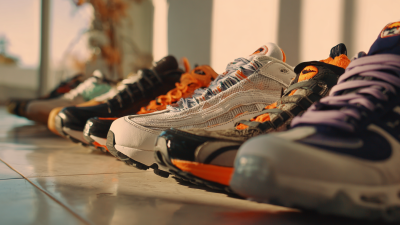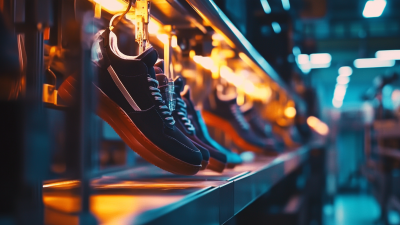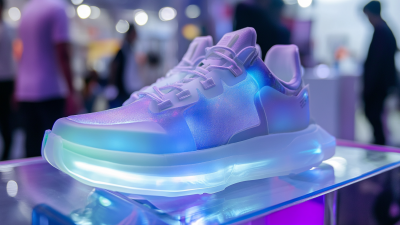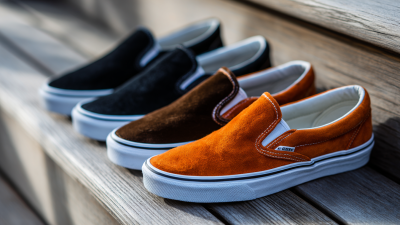
The sneaker industry has witnessed a remarkable transformation in recent years, with Private Label Sneaker Manufacturers emerging as formidable players in a highly competitive market. According to a report by Allied Market Research, the global athletic footwear market was valued at approximately $64.3 billion in 2021 and is projected to reach $95.14 billion by 2030, highlighting a significant growth trajectory. As consumers increasingly seek unique and affordable options, private label brands have capitalized on this demand by offering customizable designs and competitive pricing. Additionally, the rise of e-commerce has further fueled this growth, allowing private label manufacturers to reach consumers directly and efficiently. This paper explores the factors contributing to the success of Private Label Sneaker Manufacturers, analyzing their innovative strategies and the implications for established brands in an evolving marketplace.
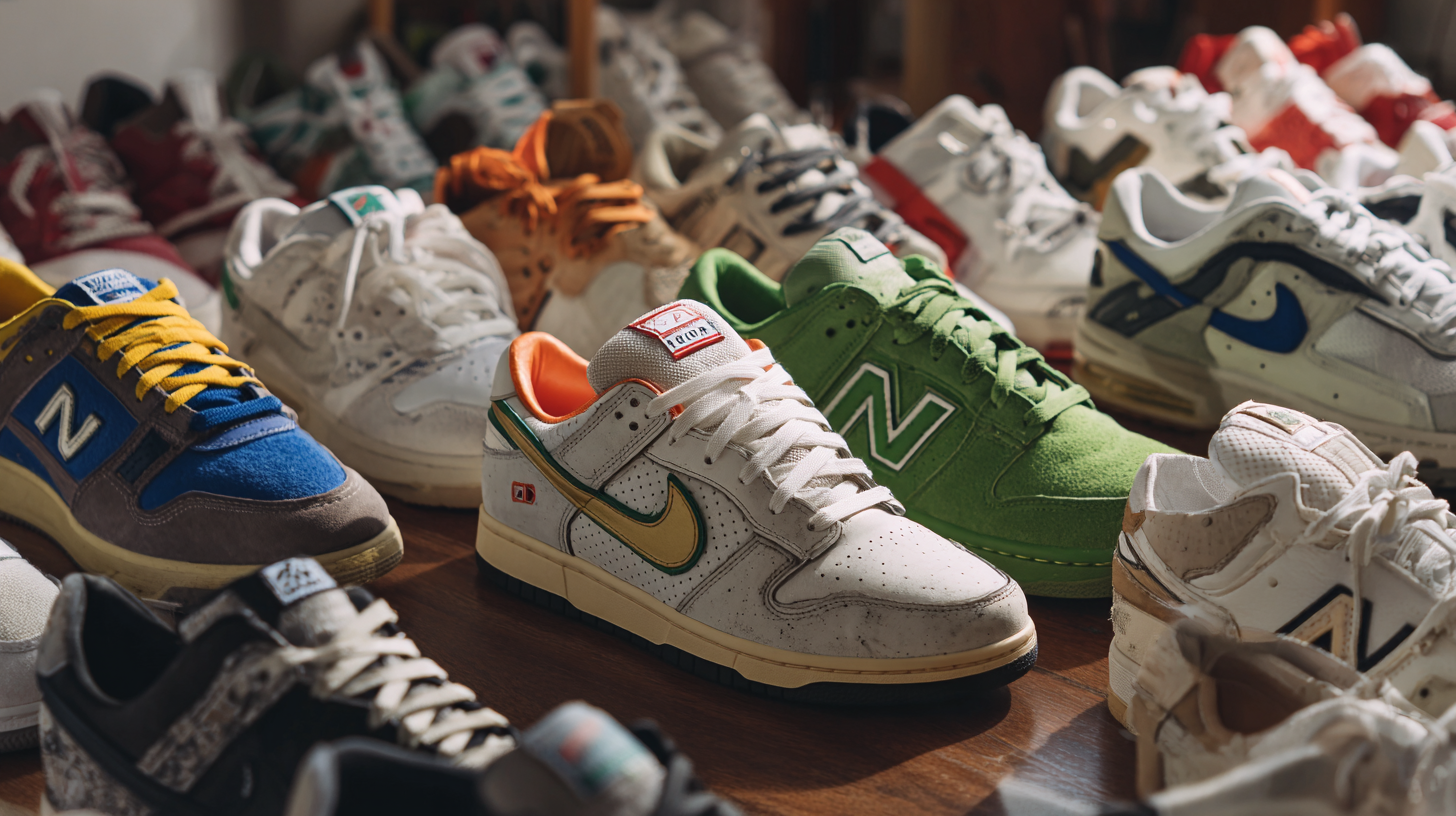
The growing market share of private label sneakers is reshaping the competitive landscape of the footwear industry. Recent statistics indicate a notable shift, with private label brands capturing increasing attention from consumers. A report by Custom Market Insights highlights that private label sneakers are projected to significantly boost their market share alongside other footwear categories, including badminton and running shoes. As brands continue to innovate and enhance performance attributes, the demand for high-quality, cost-effective alternatives is on the rise.
Tips: When considering private label sneakers, look for features that emphasize comfort and durability, which are critical for enhancing athletic performance. Pay attention to consumer reviews as they provide insights into the effectiveness of these products.
The overall increase in ecommerce fashion shopping is another factor driving the private label sneaker market. With changing consumer behaviors, statistical analysis shows a surge in online sales channels, where private label brands are increasingly dominating. Emphasizing trends such as sustainability and customization, these brands are appealing to a growing segment of environmentally conscious consumers.
Tips: Keep an eye on brand collaborations that often lead to unique, limited-edition offerings. Such products can elevate your sneaker collection while potentially increasing in value over time.
The rise of private label sneaker manufacturers can largely be attributed to changing consumer behavior, particularly the growing preference for affordable alternatives. In the wake of economic fluctuations, consumers are increasingly looking for value without compromising on style or quality. This shift is evident as shoppers gravitate towards brands offering similar aesthetics and performance as premium labels but at significantly lower price points. The accessibility of these private label options appeals to a broader audience, including younger, price-sensitive consumers who are eager to maintain fashionable footwear without overspending.
Furthermore, the e-commerce boom has facilitated this trend by allowing private labels to reach wider markets with minimal overhead costs. Online platforms provide consumers with a convenient shopping experience, where they can easily compare prices and read reviews. Additionally, social media and influencer culture have played a pivotal role, as affordable sneaker brands gain visibility and credibility through endorsements and viral marketing. Consequently, private label manufacturers are not only thriving in a competitive landscape but also reshaping consumer perceptions about the value of sneakers, cementing their position in the market as formidable alternatives to established names.
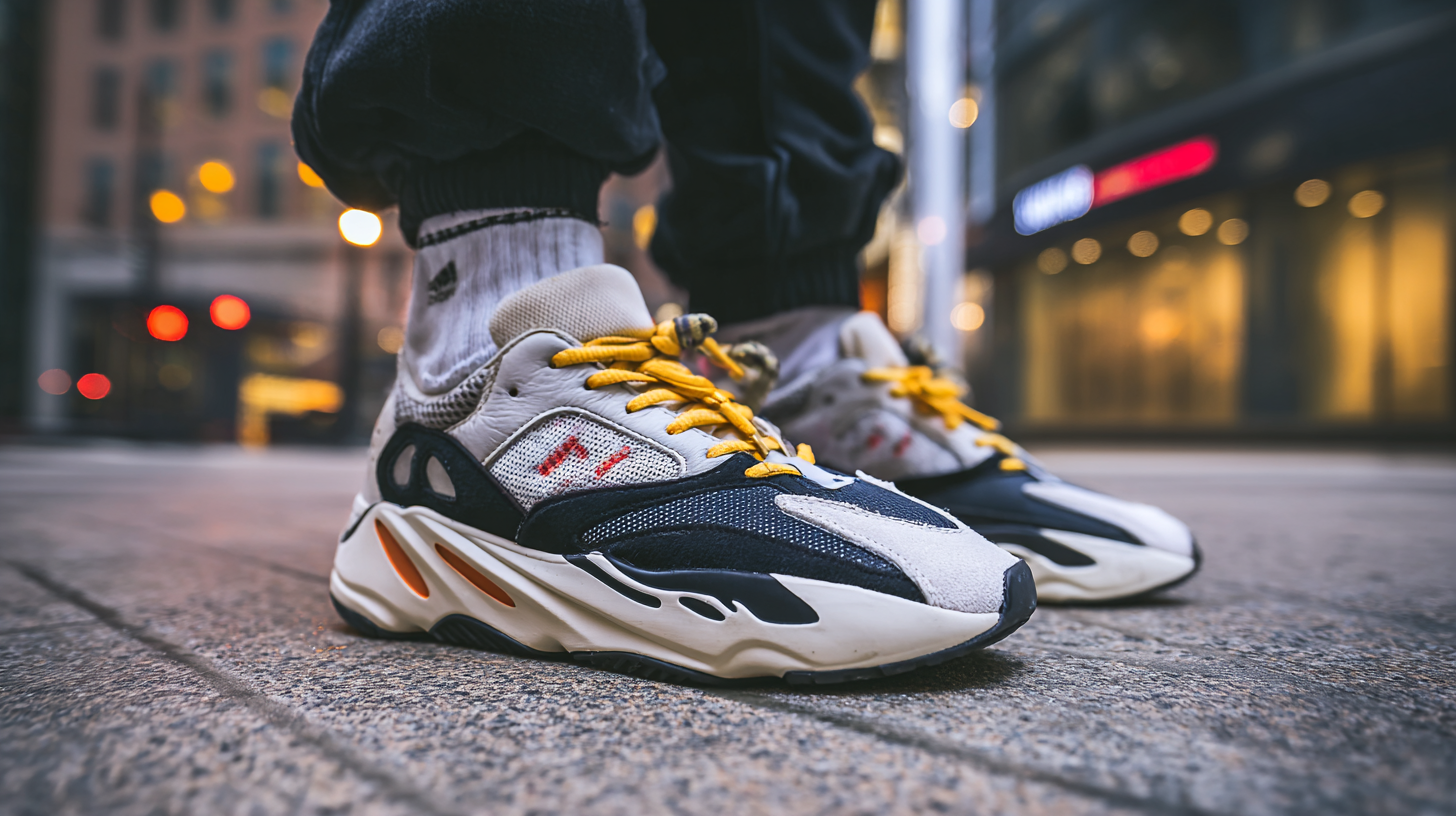
The rise of private label sneaker manufacturers has transformed the footwear industry, with brands employing innovative marketing strategies to carve out a niche in a competitive market. One significant approach is leveraging social media platforms for direct engagement with consumers. By using targeted advertisements and influencer collaborations, these brands can create a personalized shopping experience, fostering brand loyalty among younger audiences who prioritize authenticity and relatability over traditional marketing tactics.
Moreover, private label brands often utilize data analytics to fine-tune their offerings and marketing campaigns. By analyzing consumer behavior and preferences, they can quickly adapt to trends and launch new products that resonate with their target demographic. This agility allows them to position themselves effectively against established brands, often leading to unique designs that challenge conventional aesthetics. In addition, private labels might focus on sustainability, showcasing eco-friendly practices and materials to attract a socially conscious consumer base, thus differentiating themselves further in the ever-evolving sneaker marketplace.
| Marketing Strategy | Description | Impact on Sales (%) | Target Audience |
|---|---|---|---|
| Social Media Marketing | Utilizing platforms like Instagram and TikTok for brand awareness and engagement. | 35% | Young Adults (18-30) |
| Influencer Collaborations | Partnering with influencers to reach wider audiences. | 50% | Teenagers and Young Adults |
| Sustainable Practices | Implementing eco-friendly materials and processes in production. | 40% | Environmentally Conscious Consumers |
| Direct-to-Consumer Sales | Selling products directly through online stores to reduce costs. | 25% | Savvy Shoppers |
| Limited Edition Releases | Launching exclusive products to create urgency and demand. | 45% | Trend Followers |
Private label sneaker manufacturers are increasingly gaining ground against established national brands by focusing on quality and price differentiation. Retailers investing in private labels can maintain lower costs while offering products that match or even exceed the quality of their name-brand counterparts. This strategy mirrors successful trends seen in the grocery sector, where private label products are often priced significantly lower, sometimes by 20%, while adhering to high-quality standards. As consumers become more price-sensitive, the appeal of affordable, high-quality private label sneakers is growing.
Moreover, the rise of private label sneakers signifies a shift in consumer behavior, where more shoppers are opting for these brands due to perceived value. Recent reports indicate that private label sales have seen notable growth, as retailers enhance their product offerings to create a compelling alternative to national brands. With continuous investment in quality and innovative marketing strategies, private label sneakers not only compete effectively in price but also begin to carve out their own identities in an increasingly crowded marketplace. This evolution not only benefits consumers but also elevates the overall standards within the sneaker industry.
The rise of private label sneaker manufacturers can largely be attributed to the transformative impact of e-commerce on the retail landscape. In 2025, global retail e-commerce sales are projected to surpass $4.3 trillion, creating a fertile ground for private labels to thrive. These brands offer unique advantages such as lower pricing and greater agility in responding to consumer trends, making them attractive options for cost-conscious shoppers navigating an increasingly competitive market.
As consumer preferences evolve, private label sneakers are capitalizing on the growing demand for practical and value-driven products. Influenced by early holiday shopping trends and generational shifts, shoppers are leaning towards practical gifting and products with clear value propositions. A notable shift in consumer sentiment is placing pressure on established brands, pushing them to adapt and innovate. The UK lifestyle sneakers market, segmented by price and distribution channels, illustrates how private labels are strategically positioned to capture market share from traditional brands as they navigate these changing dynamics.
